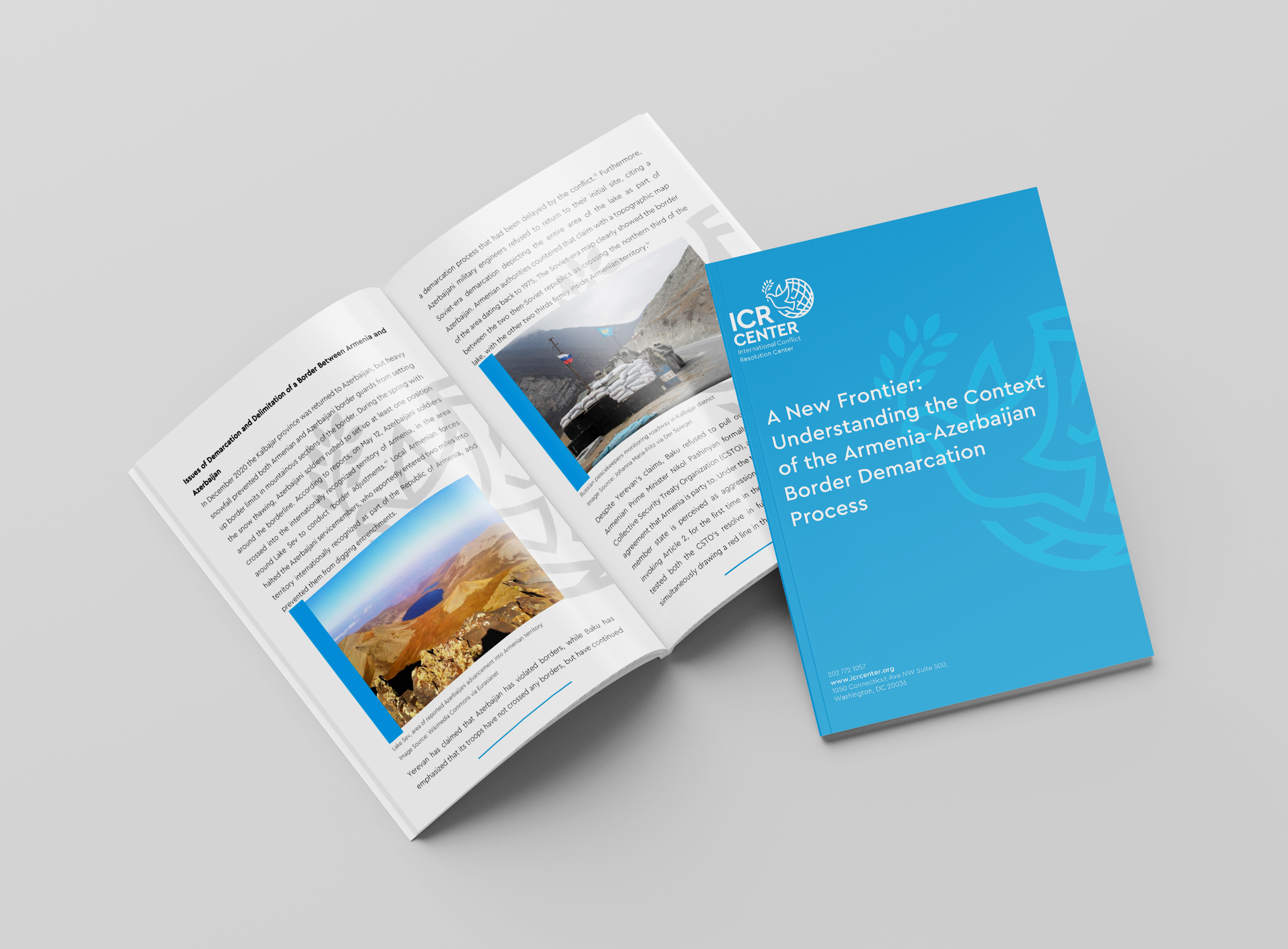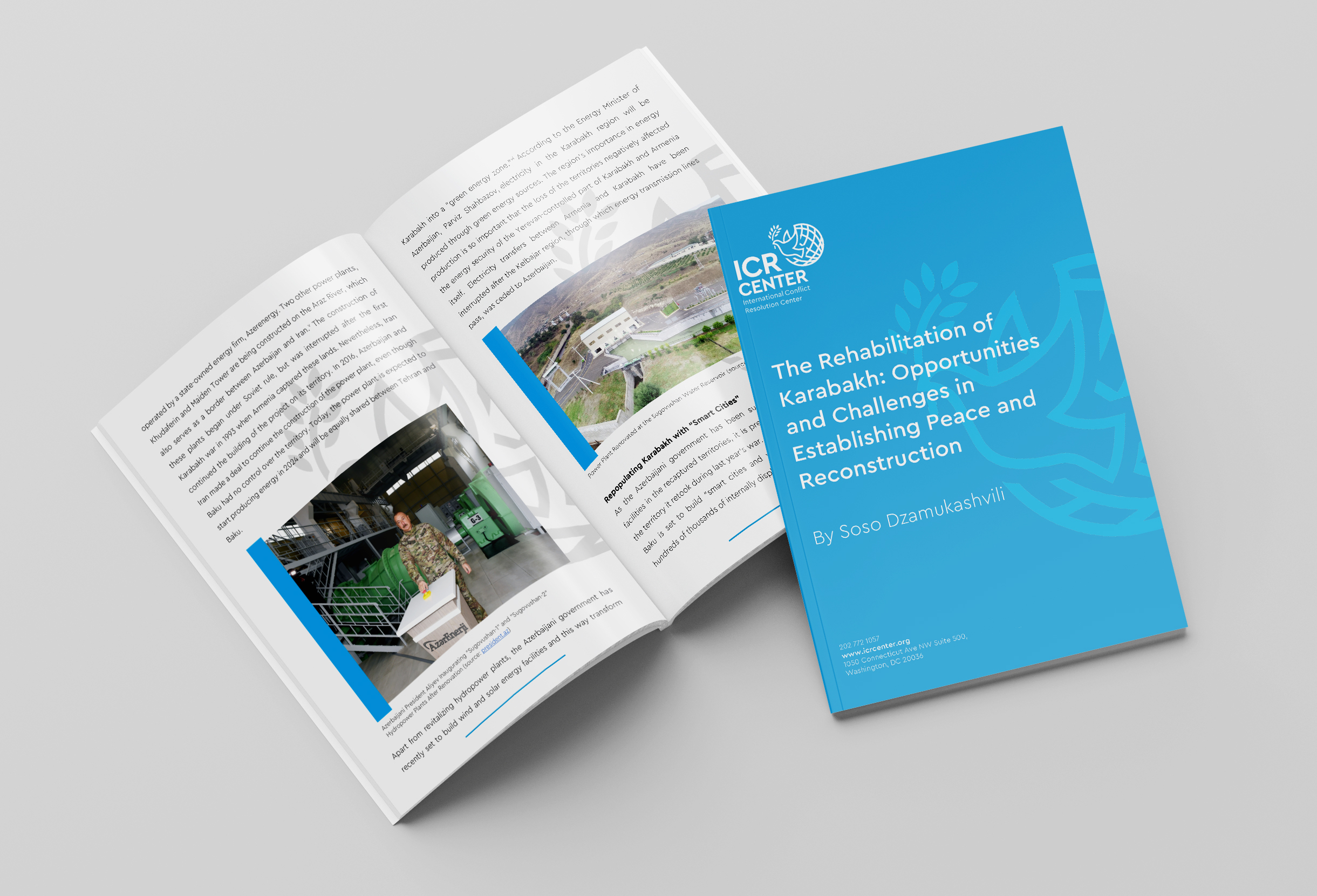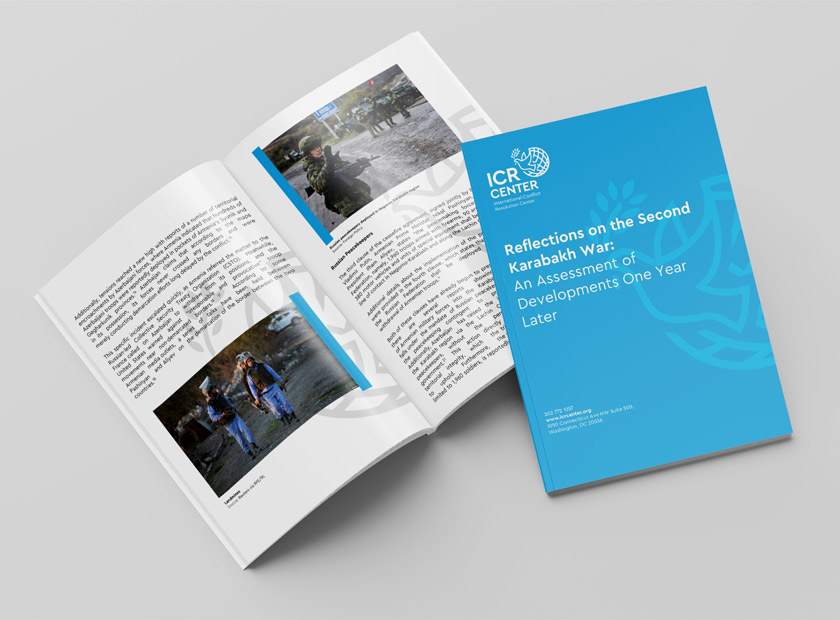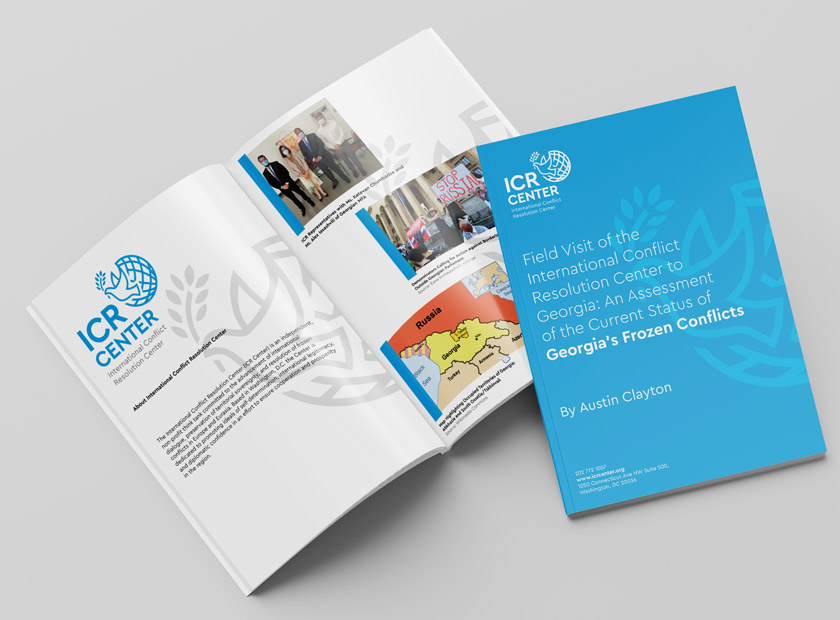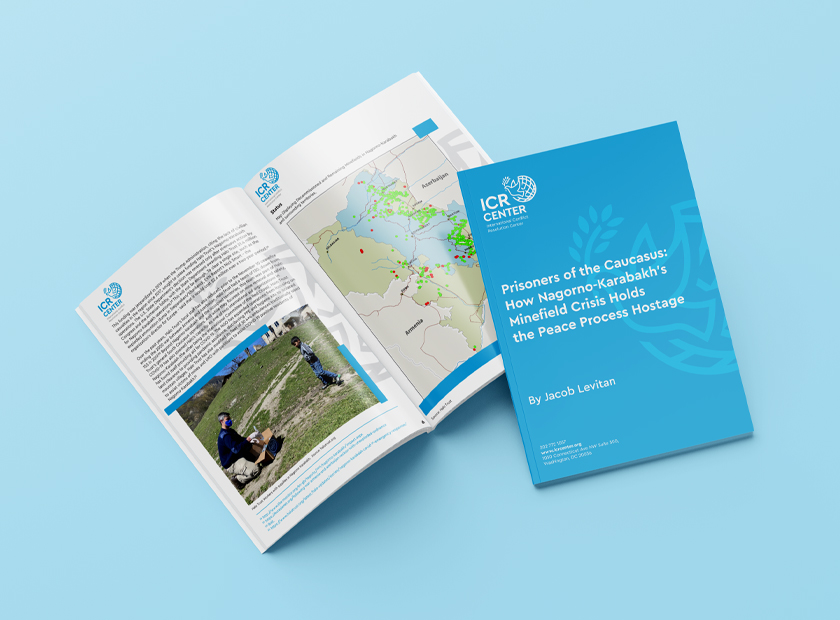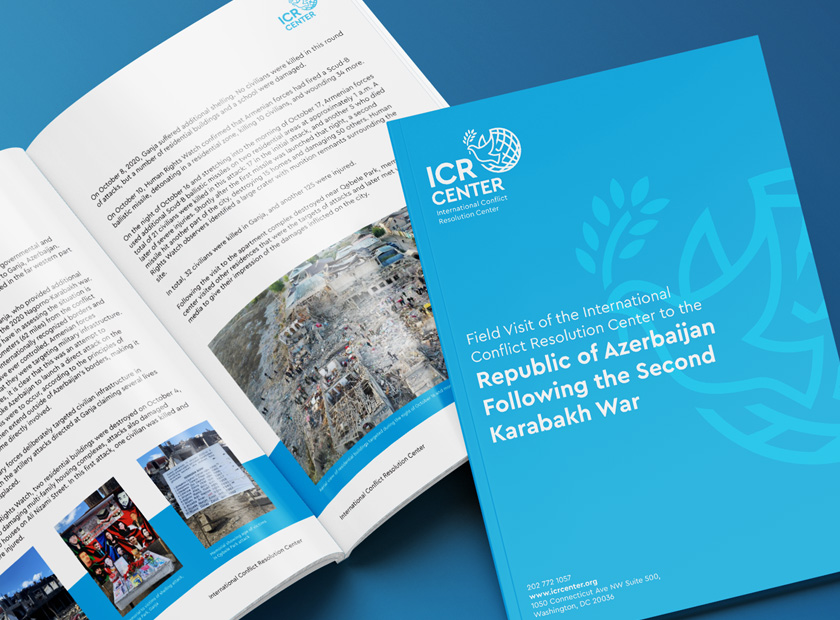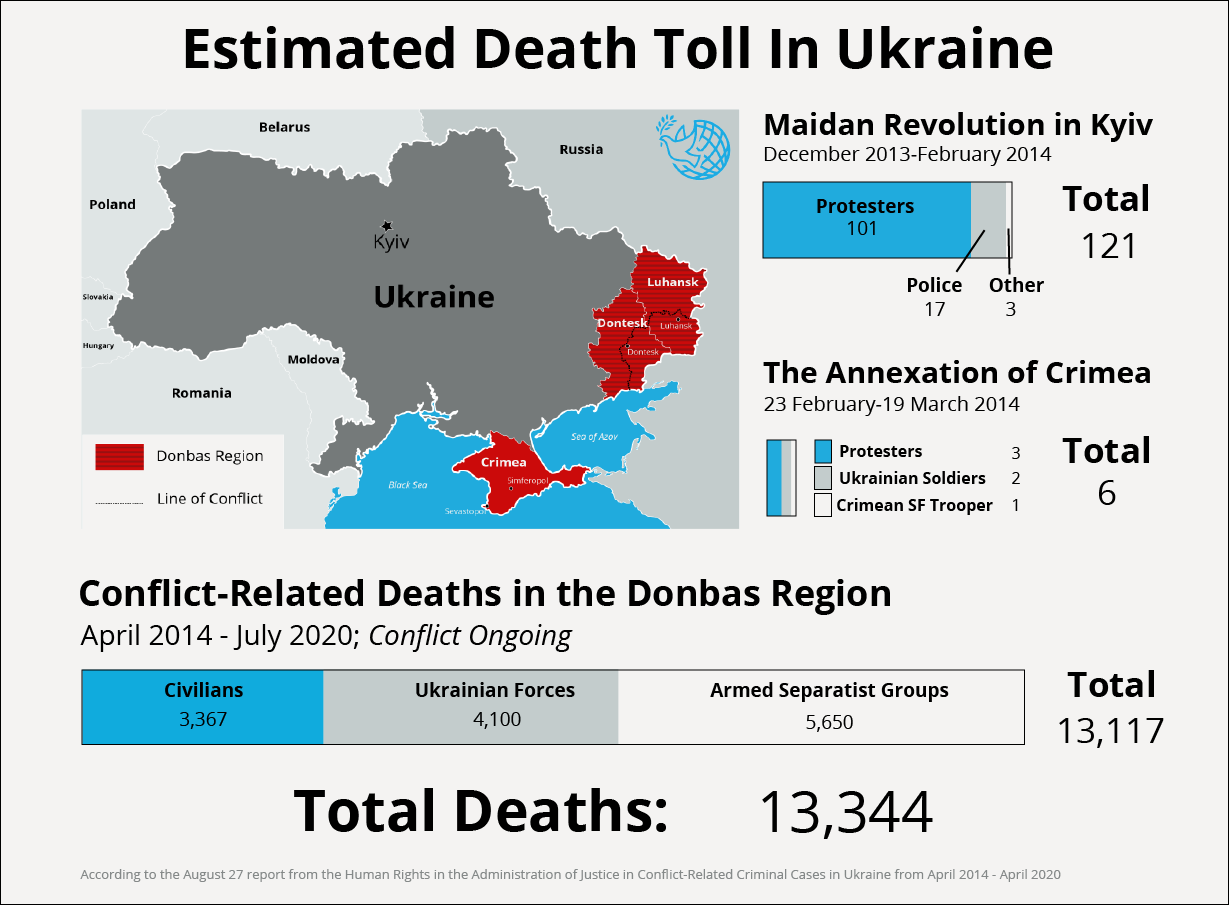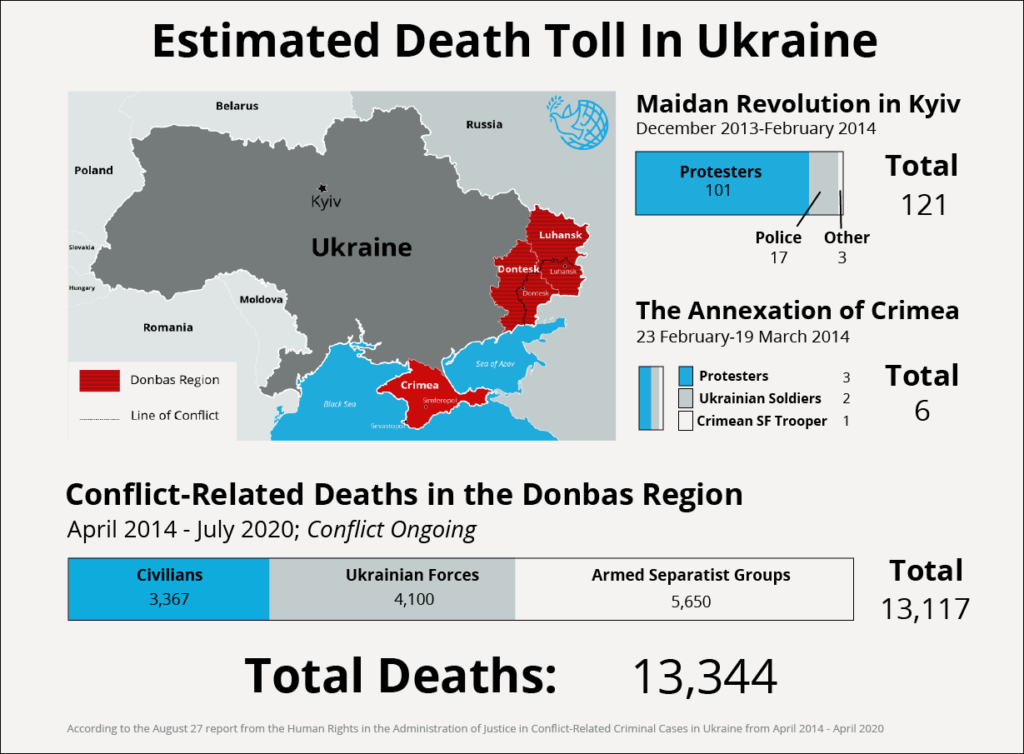Category: Reports
The Rehabilitation of Karabakh: Opportunities and Challenges in Establishing Peace and Reconstruction
Following last year’s 44-day Karabakh war, Azerbaijan regained control over much of the region’s territory that it had lost in the first war with Armenia in the 1990s. The loss included not only the territory per se, but produced more than half a million internally displaced people (IDPs), and fertile agricultural land as well as considerable hydropower resources were also lost. The potential economic gains for Baku after regaining control over the majority of the Karabakh region are huge, and the Azerbaijani government has already made plans to resettle the IDPs and revitalize the region’s economy and infrastructure.
Reflections on the Second Karabakh War: An Assessment of Developments One Year Later
The 2020 Nagorno-Karabakh war lasted for 44-days, beginning on September 27, 2020 and ending on November 10, 2020 with the implementation of a trilateral ceasefire agreement facilitated by Russia and signed by Russian President Vladimir Putin, Armenian Prime Minister Nikol Pashinyan, and Azerbaijani President Ilham Aliyev. During the 44
days of fighting, the Armenian side lost 3,788 soldiers and 224 servicemen were reported missing in action and Azerbaijan reported 2,879 soldiers killed with 28 missing in action. A number of civilian casualties were reported as well.
Download Full Report
Field Visit of the International Conflict Resolution Center to Georgia: An Assessment of the Current Status of Georgia’s Frozen Conflicts
Representatives of the International Conflict Resolution Center traveled to Tbilisi, Georgia to gather first-hand information from government officials, think tank researchers, and civil society activists on the history, current
status, and future of Georgia’s territorial conflicts. Approximately 20% of the Republic of Georgia is occupied, with the regions of Abkhazia and South Ossetia/Tskhinvali occupied by Russian military forces. In addition to humanitarian challenges, the occupation of Georgia’s territory has geopolitical implications and repercussions in domestic politics amongst other effects.
Evaluating the Term “Displaced Persons” A Background Guide
The 1951 Refugee Convention defines a refugee as “any person who: owing to a well-founded fear or being persecuted for reasons of race, religion, nationality, membership of a particular social group, or political opinion, is outside the
country of his nationality, and is unable to or, owing to such fear, is unwilling to avail himself of the protection of that country.”
Prisoners of the Caucasus: How Nagorno-Karabakh’s Minefield Crisis Holds the Peace Process Hostage
Since the end of the first Nagorno-Karabakh War between Armenia and Azerbaijan in 1994,
landmines and unexploded ordinance continue to directly impact the livelihoods and health
of Armenians and Azerbaijanis. The conflict over Nagorno-Karabakh – the major impediment
to peace between Armenia and Azerbaijan – began in 1988 when the parliament of the
Autonomous Republic of Nagorno-Karabakh voted to secede from the Azerbaijani Soviet
Socialist Republic to join the Armenian Soviet Socialist Republic. Low-intensity violence
flared up into open warfare between Armenia and Azerbaijan following the collapse of the
Soviet Union, with Armenian forces occupying Nagorno-Karabakh and surrounding
Azerbaijani districts. The territories are still contaminated by anti-personnel and anti-tank
mines, as well as unexploded ordinance from bombs and cluster munitions used by both
sides.
Download Full Report
Azerbaijan Field Visit After the Second Karabakh War
Representatives of the International Conflict Resolution Center traveled to Baku, Azerbaijan to gather information about the history of the Nagorno-Karabakh conflict; the ongoing issues and relations between Armenia, Azerbaijan, third countries, and the international community; and the reconstruction efforts that will take place in the territories reclaimed by Azerbaijan during the 2020 Nagorno-Karabakh war. The delegates of the organization met with representatives of both governmental and non-governmental organizations in the capital city of Baku. Members of the International Conflict Resolution Center met with the leaders of the Azerbaijani Community of Nagorno-Karabakh, the Vice-Chairman of the Russian Community of Azerbaijan, the leadership of the Center of Analysis of International Relations (AIR Center), officials from the Azerbaijani Ministry of Foreign Affairs, and Hikmet Hajiyev, the Assistant to the President of the Republic of Azerbaijan and Head of the Foreign Policy Affairs Department of the Presidential Administration. For the second part of the field visit, the representatives traveled to regions in the western parts of Azerbaijan to meet with regional officials. Regional officials in the cities of Ganja and Tartar coordinated visits for the representatives to observe damages inflicted during the war. These territories were located within the internationally-recognized borders of the Republic of Azerbaijan, located far away from the conflict zone. The representatives of the
International Conflict Resolution Center concluded their visit by visiting Aghdam with a military escort, a city that was decimated by Armenian forces during the first Nagorno-Karabakh war between 1988 and 1994.
